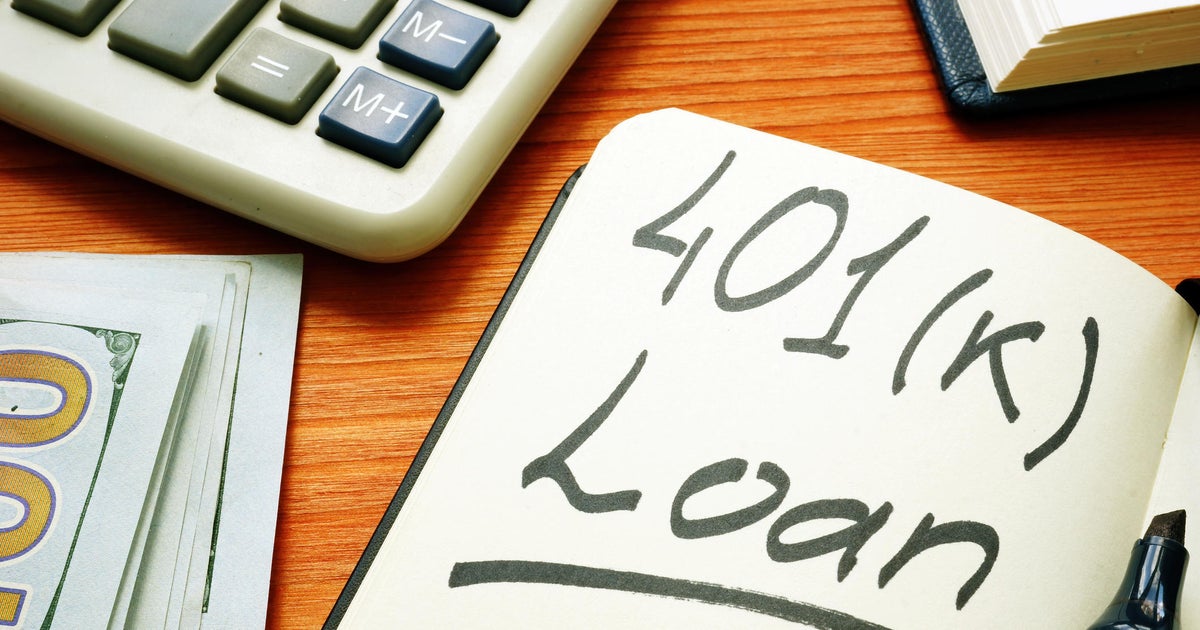How will a late credit card payment impact my credit score?
The seemingly simple act of missing a credit card payment can have far-reaching consequences for your financial health, yet it's an all too common issue. For example, approximately 9% of credit card accounts are delinquent currently, which indicates that making on-time credit card payments has become a widespread challenge for Americans.
That's no surprise, though, given that the average credit card rate is sitting above 23% currently — and that the average cardholder currently has about $8,000 in credit card debt. With rates and balances as high as they are today, it's easy for your credit card debt to snowball out of control and make it tough to afford even the minimum payments. But while missing a credit card payment every once in a while might seem like a minor issue, the impact on your credit score can be both significant and long-lasting.
That's why understanding exactly how a late payment affects your credit score – and what steps you can take to prevent or minimize the damage – is crucial for maintaining your financial stability. So, whether you're currently facing payment challenges or simply want to be prepared for future financial uncertainties, it helps to understand the potential impact.
Start tackling your high-rate credit card debt now.
How will a late credit card payment impact my credit score?
The extent to which a late payment affects your credit score depends on several factors, including how late the payment is, your current credit score and your overall credit history. That said, your payment history is the most significant component of a FICO score, accounting for about 35% of your score, so even a single late payment can lead to a noticeable decline.
Where your credit score started also plays a significant role in how far it will drop due to a missed payment. For example, those with excellent credit (a score above 750) may see a substantial decline in their credit score due to a payment that's 30 days late. For those with lower scores, the impact might be less severe.
Furthermore, the longer the payment remains overdue — 60 or 90 days — the greater the damage:
- 30 days late: First reported to credit bureaus, triggering an initial score drop
- 60 days late: Larger negative impact
- 90+ days late: Most severe impact, potentially dropping scores by 100+ points
Late payments can have other lasting consequences, too. Negative marks remain on your credit report for up to seven years, although their impact diminishes over time. Late credit card payments may trigger extra fees and penalty interest rates, increasing the cost of carrying a balance on your credit card.
Learn how the right debt relief strategy could help you today.
What to do before you're late on a credit card payment
If you realize you won't be able to make a credit card payment, taking immediate action can minimize the damage to your credit score and overall financial health. Here are a few practical steps you can take to help mitigate the impact of missing a payment:
Contact your credit card issuer
The first and most important step is to reach out to your credit card company as soon as possible. Many issuers offer hardship programs for cardholders who are experiencing financial difficulties, and being proactive and transparent can often result in more favorable terms than ignoring the issue. While it varies, a hardship program could offer relief in the form of temporary interest rate reductions, waived fees or adjusted payment schedules.
Negotiate a payment extension
Some creditors may grant a short-term extension or allow you to skip a payment without penalty. While this option is not guaranteed, explaining your situation and requesting a one-time exception can sometimes buy you additional time to get back on track with your credit card payments while avoiding credit damage.
Pay what you can
Even if you can't afford the full minimum payment, you may want to pay as much as possible by the due date. While this won't prevent a late payment from being reported to the credit bureaus, it may reduce late fees and show your creditor that you're making an effort to resolve the debt.
Explore balance transfers or personal loans
If you're struggling with multiple credit card payments, consider transferring the balance to a card with a lower interest rate or taking out a personal loan to consolidate your debt. This won't solve the immediate issue but could reduce your financial burden over the long term, making your payments more manageable.
Seek financial counseling
A credit counselor can help you explore options tailored to your situation, such as enrolling in a debt management plan. These plans consolidate your credit card payments into one monthly payment, often with reduced interest rates or waived fees. Working with a counselor can also help you develop a long-term strategy for managing your finances.
The bottom line
The key to avoiding credit score damage is taking action before missing a payment. Most credit card issuers are willing to work with customers who proactively communicate about financial difficulties — and many have programs in place to help those who are facing temporary hardships. Accepting help through these programs generally won't negatively impact your credit score, while missing payments definitely will. The sooner you reach out for assistance, the more options you'll have available to protect your credit standing and financial future.




